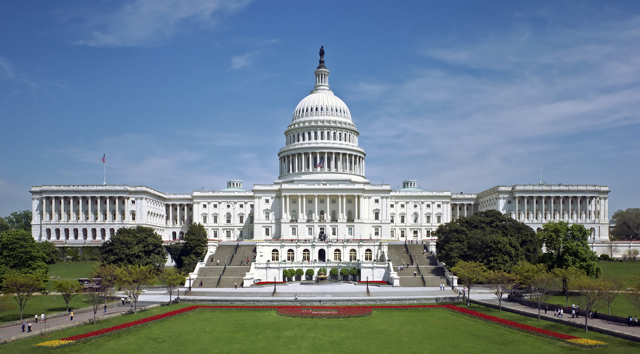Proposed Encryption Bill Faces Opposition from Silicon Valley
April 14, 2016
Washington and Silicon Valley are poised to clash again in the ongoing debate over encryption technology in relation to data privacy, law enforcement and national security. Senate Intelligence Committee chair Richard Burr (Republican, NC) and Dianne Feinstein (Democrat, CA), the panel’s vice chair, have introduced proposed legislation that would require companies to unlock encrypted devices when served a court order. Congress has been working on a balance between security and privacy regarding encryption, especially in the wake of the recent iPhone case.
“The 10-page ‘discussion draft’ would require firms, when served with a court order, to provide ‘such information or data’ or ‘provide technical assistance as is necessary to obtain such information or data’ when the government is seeking to obtain encrypted material,” reports The Wall Street Journal.
The proposal states that a company would have to assist law enforcement agencies if data “has been made unintelligible by a feature, product, or service owned, controlled, created, or provided by the covered entity or by a third party on behalf of the covered entity.”
“I have long believed that data is too insecure and feel strongly that consumers have a right to seek solutions that protect their information — which involves strong encryption,” said Burr. “I do not believe, however, that those solutions should be above the law.”
Tech companies including Apple are not the only ones that have opposed requirements to assist with encrypted devices. Lawmakers such as Senator Ron Wyden (Democrat, Oregon), oppose steps that would weaken encryption.
“This legislation would effectively prohibit Americans from protecting themselves as much as possible,” said Wyden. “It would outlaw the strongest types of encryption and undermine the foundation of cybersecurity for millions of Americans.”
In a tweet, Wyden added, “I will do everything in my power to block Burr-Feinstein anti-encryption bill. It makes Americans less safe.”
According to Re/code, the Internet Association and the Electronic Frontier Foundation have also pledged to do what they can to stop the bill. Meanwhile, President Obama has signaled that he would likely not sign the bill.
The proposed Compliance with Court Orders Act of 2016 is available online.


No Comments Yet
You can be the first to comment!
Sorry, comments for this entry are closed at this time.